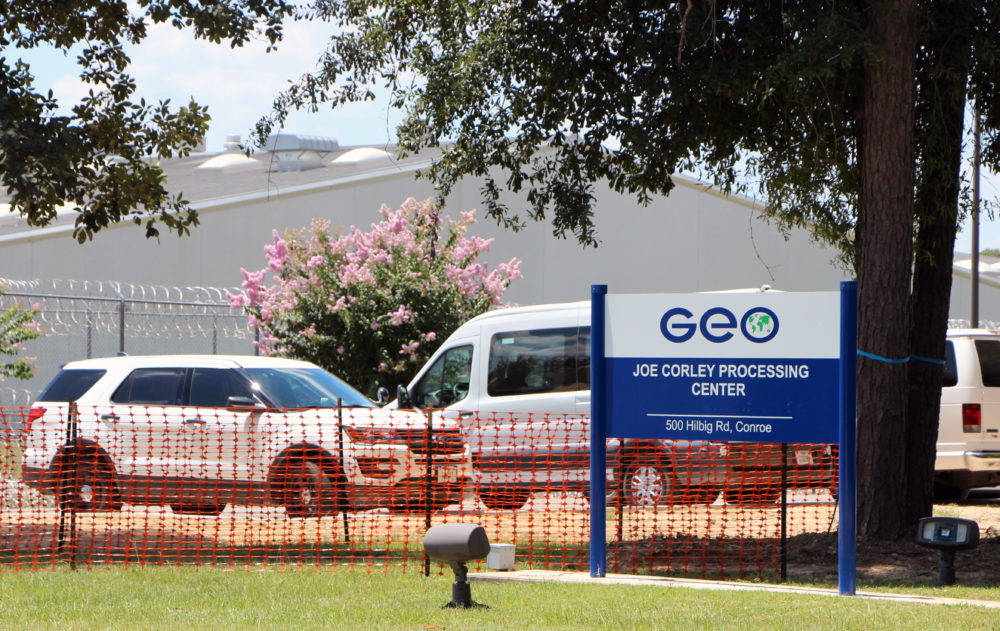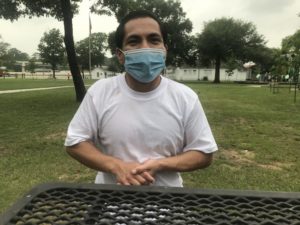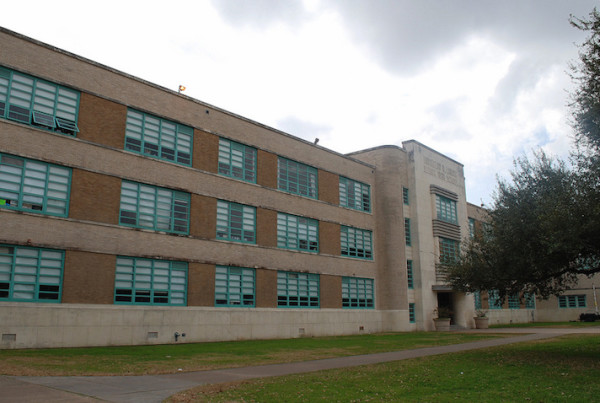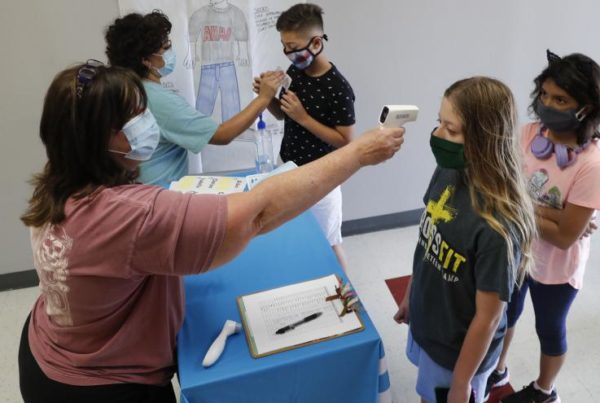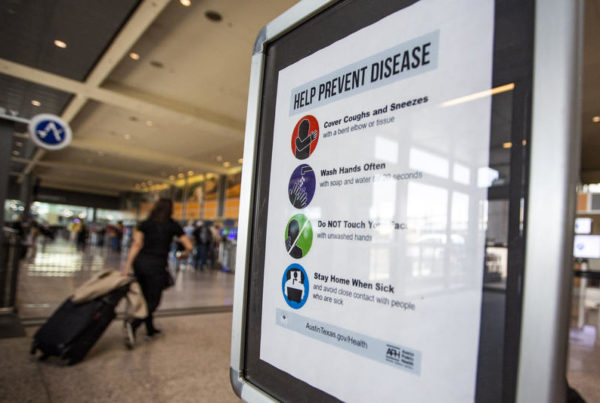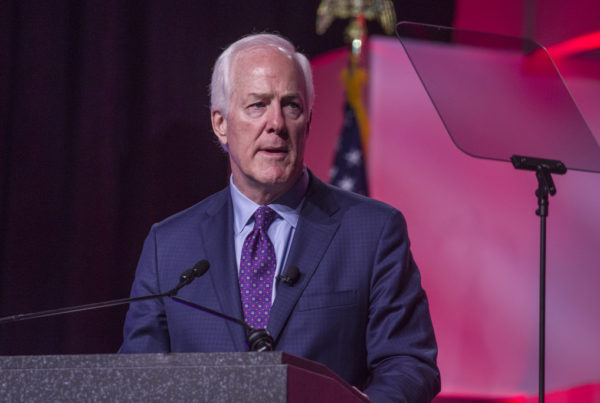People held inside Texas immigrant detention centers are 15 times more likely to have COVID-19 than the rest of the state’s population, according to the latest infection rates based on active cases reported by Immigration and Customs Enforcement and the Texas Department of State Health Services.
Despite high infection rates, ICE detention officials are failing to provide adequate social distancing and medical care, according to conversations with nearly 30 detainees across the state.


